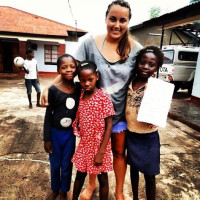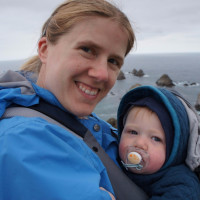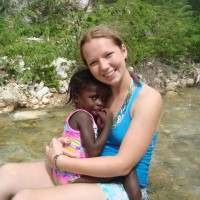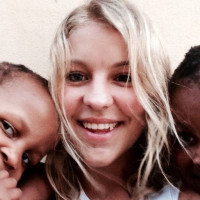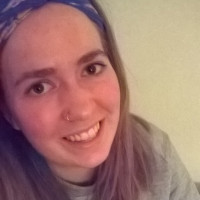Uganda Village Project Independent Fundraisers
Improve health in rural Uganda
Uganda Village Project operates within the Iganga District of Uganda, a densely populated area that is one of the poorest districts in the country. Villages in Iganga suffer from low access to health care, marginal or non-existent preventative health education, and lack of clean water sources.
As a result, people are frequently sick: malaria and gastro-intestinal disorders such as diarrhea are the leading causes of death for children under five, and the risk of maternal mortality is nearly forty times higher than in the United States. Uganda Village Project was founded in response to this as an effort to bring sustainable public health interventions to the rural communities of Iganga.
Thanks to the support of donors from around the world, Uganda Village Project is able to reach thousands of rural villagers each year with access to health services, educational sessions about staying healthy, and resources for prevention of disease.
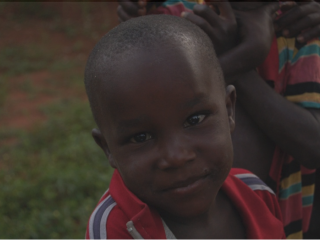
Your donation will support health programming in Iganga District. This could be the purchase of mosquito nets to prevent malaria, holding an HIV outreach to educate and test community members, or sending a nurse to villages every quarter to provide family planning methods to women who otherwise have little access to contraceptives. Thanks to your support, Uganda Village Project can provide the education and tools that villagers need to stay healthy.
About Uganda Village Project
Since 2003, Uganda Village Project has been working with the people of Iganga to promote public health and sustainable development in the rural communities of this marginalized district in southeast Uganda. We work at a village-by-village level to address the most pressing healthcare concerns of each community, including malaria, HIV and STIs, household sanitation and hygiene, family planning access, obstetric fistula awareness and repair, and provision of clean water through shallow wells.
Uganda Village Project trains locally-elected volunteers called Village Health Teams (VHTs), and then works in partnerships with the VHTs, community-based organizations, and local government to educate and encourage healthy changes in each of the villages where we work. Our flagship effort is our “Healthy Villages” program, a village-by-village system that addresses the most pressing healthcare concerns of each community, including prevention of malaria, education and testing of HIV and STIs, improved household sanitation and hygiene, and access to family planning services. We also work with obstetric fistula awareness and repair and provision of clean water through shallow wells.



